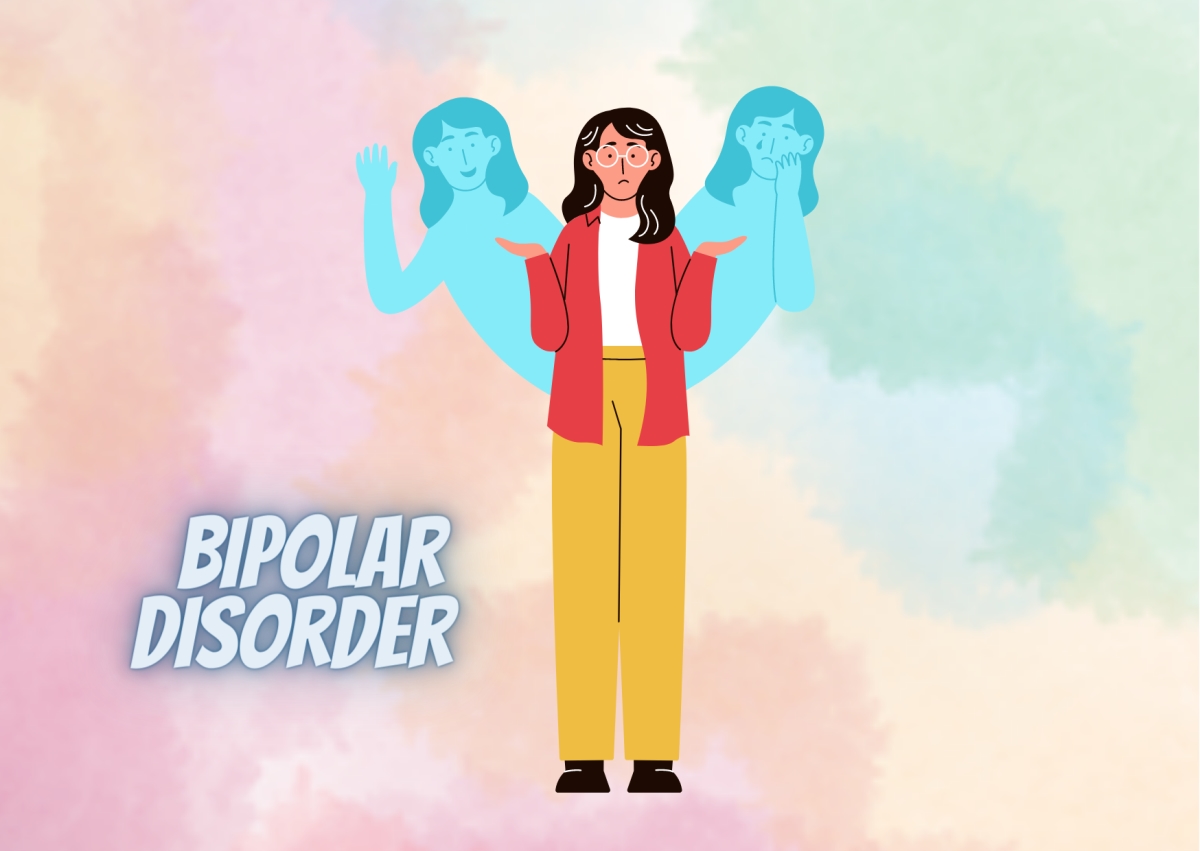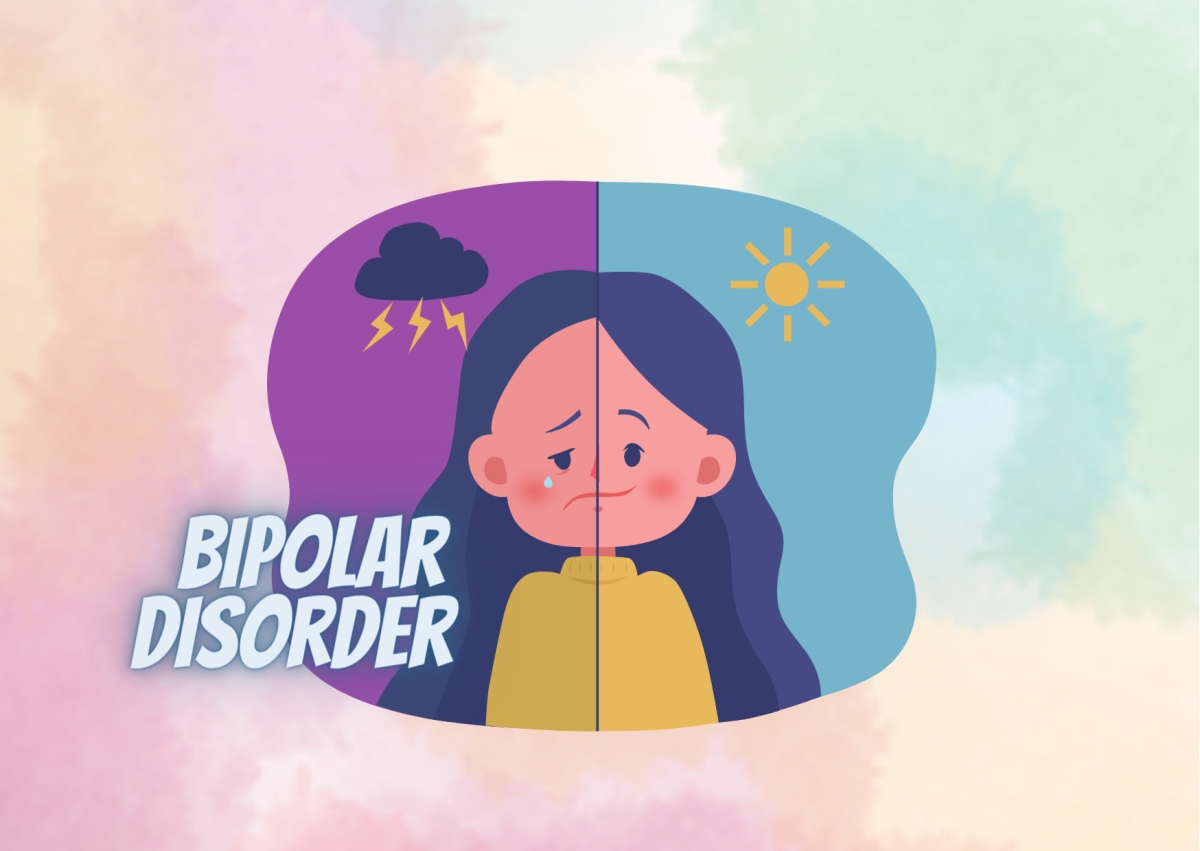Bipolar Disorder Treatment
For those suffering from this condition, bipolar treatment clinics provide expert support and help. To help with symptom control and improving one’s quality of life, these facilities frequently offer a variety of treatment modalities, such as counselling, medication administration, and support groups.
Maintaining a healthy and fulfilling lifestyle is a goal of treatment for those with bipolar disorder. Depending on the client’s needs and preferences, treatment facilities may offer both inpatient and outpatient services.
For more information on bipolar disorder treatment facilities, including what to anticipate, the many treatments available, and the advantages of getting help, keep reading.
To help people manage their symptoms and enhance their quality of life, bipolar treatment facilities provide a variety of evidence-based treatment options like medication management, therapy, and support groups.
Bipolar Disorder: An Overview
Manic-depressive disease, another name for bipolar disorder, is a psychological condition marked by abrupt changes in mood as well as fluctuations in vigor and activity.
These emotional changes can range from depressive phases, which are characterized by feelings of sadness, hopelessness, and lack of enthusiasm for activities, to manic or hypomanic episodes, which are marked by feelings of joy, increased energy and activity, and a reduced need for sleep.
Bipolar Disorder Symptoms
From moderate to severe, bipolar disorder symptoms can vary greatly from person to person. A person who is depressed may have persistent emotions of despair and hopelessness, a lack of interest in activities, changes in sleeping and eating patterns, lethargy, and trouble concentrating.
A person may exhibit increased energy, little need for sleep, quick or pressured speech, an abundance of ideas, impulsivity, or grandiose delusions during a manic or hypomanic episode. Bipolar disorder can also present as psychosis, suicidal thoughts or actions, and drug misuse.
It’s crucial to understand that bipolar disorder can have major consequences and interfere with a person’s ability to go about their regular life if it is not addressed.
What Bipolar Disorder Treatments Are Available?
Bipolar disorder patients can pick from a number of therapies, such as medication, counseling, and lifestyle changes. Medication Administration
Medication is typically the first line of defense and includes mood stabilizers, antipsychotics, and antidepressants. Lithium and valproate are two examples of mood stabilizers, which support mood stability and prevent manic and depressed episodes.
To help treat the symptoms of psychosis, antipsychotic medications such quetiapine and olanzapine may be taken with mood stabilizers. Depression symptoms may be treated with antidepressants like fluoxetine and sertraline.

